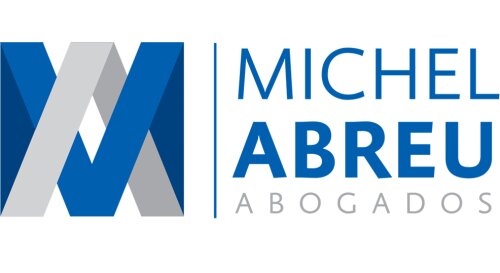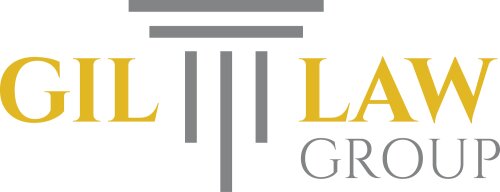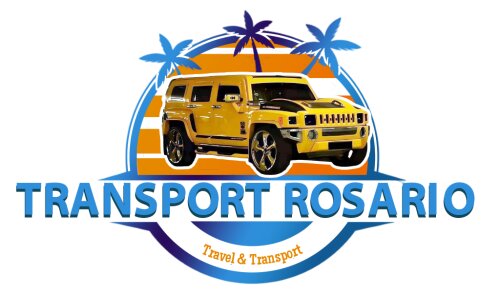Best Nonprofit & Charitable Organizations Lawyers in Punta Cana
Share your needs with us, get contacted by law firms.
Free. Takes 2 min.
List of the best lawyers in Punta Cana, Dominican Republic
About Nonprofit & Charitable Organizations Law in Punta Cana, Dominican Republic
Nonprofit and charitable organizations in Punta Cana, Dominican Republic play a crucial role in supporting social welfare and community development. The legal framework governing these entities is designed to ensure they operate transparently and effectively. These organizations range from small, local initiatives to larger, international NGOs, all working towards various causes such as health, education, environment, and human rights. In Punta Cana, nonprofit organizations contribute significantly to improving community living standards and promoting social justice.
Why You May Need a Lawyer
There are several instances where legal assistance might be necessary for nonprofit and charitable organizations operating in Punta Cana:
- Establishing an Organization: Legal guidance is essential when forming a nonprofit to ensure compliance with local laws and regulations.
- Taxation Issues: Understanding tax obligations and exemptions for nonprofits can be complex, and a lawyer can help navigate these aspects.
- Regulatory Compliance: Lawyers can assist in ensuring ongoing compliance with Dominican legal standards and reporting requirements.
- Contracts and Agreements: Drafting and reviewing contracts with donors, partners, or vendors often requires legal expertise.
- Intellectual Property: Protecting intellectual property and managing trademarks can be critical for certain organizations.
- Dispute Resolution: Legal counsel is invaluable in resolving any disputes that may arise, whether with employees, affiliates, or external entities.
Local Laws Overview
The Dominican Republic has specific regulations for establishing and operating nonprofit and charitable organizations. Key aspects include:
- Registration: All nonprofits must register with the Department of Internal Revenue (DGII) and meet criteria set by the Ministry of Economy, Planning, and Development.
- Legal Structure: Nonprofits typically need to be constituted as associations, foundations, or cooperatives under Dominican law.
- Tax Exemptions: Qualifying nonprofits can receive certain tax benefits, but they must comply with annual reporting to retain these exemptions.
- Transparency Requirements: Organizations must maintain detailed records of their financial activities and make them available for inspection.
- Foreign Influence: Foreign NGOs must adhere to additional guidelines and often require special permits to operate locally.
Frequently Asked Questions
What are the first steps to start a nonprofit in Punta Cana?
Begin by defining the mission and objectives, then proceed with drafting statutes, selecting a board of directors, and registering with relevant authorities like the DGII.
What kind of legal entity is most suitable for a nonprofit in the Dominican Republic?
Nonprofits usually register as associations, which is a common legal structure for such entities in the Dominican Republic.
How does a nonprofit maintain tax-exempt status?
Compliance with reporting requirements and maintaining transparency in financial operations helps a nonprofit maintain its tax-exempt status.
Are there limitations on foreign funding for nonprofits in Punta Cana?
While foreign funding is allowed, transparency about the sources of funds is required, and organizations must adhere to specific regulatory guidelines.
Can a nonprofit own property in the Dominican Republic?
Yes, nonprofits can own property, but they need to follow specific registration formalities and may seek legal counsel to ensure compliance.
What are the responsibilities of a nonprofit board in Punta Cana?
The board oversees the organization’s activities, ensuring they align with its mission while maintaining accountability and compliance with legal requirements.
What legal documents are necessary for nonprofit operations?
Key documents include statutes, bylaws, operating agreements, and financial records. Legal assistance is often required to ensure these are in order.
Are there specific employment laws that apply to nonprofits?
Yes, like any other entity, nonprofits must adhere to the Dominican Labor Code regarding employee rights and obligations.
How can nonprofits protect intellectual property?
Nonprofits can work with a lawyer to register trademarks and copyrights to safeguard intellectual property relevant to their operations, such as logos and publications.
What is the process for resolving disputes involving nonprofits?
Dispute resolution can involve mediation or litigation, depending on the nature of the conflict. Legal advice is crucial in determining the best approach.
Additional Resources
For further assistance, the following resources may be beneficial:
- Ministry of Economy, Planning, and Development: Guides on nonprofit registration and compliance.
- Internal Revenue Service (DGII): Information on tax obligations and exemptions for nonprofits.
- Local Bar Associations: Listings of attorneys specializing in nonprofit law.
Next Steps
If you require legal assistance in the field of nonprofit and charitable organizations in Punta Cana, consider the following actions:
- Initial Consultation: Schedule a meeting with a lawyer to discuss your specific needs and challenges.
- Gather Documentation: Prepare all relevant documents, including financial records, statutes, and meeting minutes, before your consultation.
- Research Legal Firms: Look for law firms with expertise in nonprofit law and a solid understanding of local legal frameworks.
- Network and Seek Referrals: Connect with other nonprofit leaders for recommendations on trusted legal advisors.
Lawzana helps you find the best lawyers and law firms in Punta Cana through a curated and pre-screened list of qualified legal professionals. Our platform offers rankings and detailed profiles of attorneys and law firms, allowing you to compare based on practice areas, including Nonprofit & Charitable Organizations, experience, and client feedback.
Each profile includes a description of the firm's areas of practice, client reviews, team members and partners, year of establishment, spoken languages, office locations, contact information, social media presence, and any published articles or resources. Most firms on our platform speak English and are experienced in both local and international legal matters.
Get a quote from top-rated law firms in Punta Cana, Dominican Republic — quickly, securely, and without unnecessary hassle.
Disclaimer:
The information provided on this page is for general informational purposes only and does not constitute legal advice. While we strive to ensure the accuracy and relevance of the content, legal information may change over time, and interpretations of the law can vary. You should always consult with a qualified legal professional for advice specific to your situation.
We disclaim all liability for actions taken or not taken based on the content of this page. If you believe any information is incorrect or outdated, please contact us, and we will review and update it where appropriate.












